Hydration with electrolytes is really important for both athletic and mental performance. But how much should you hydrate? Dr. Andy Galpin came up with a guide called the ‘Galpin Equation’ to answer that question.
Who is Dr. Galpin of the Galpin Equation?
Dr. Andy Galpin is a specialist in exercise physiology, human performance and nutrition. He also works as a consultant and has coached many actors and professional athletes including UFC athletes.
He has been published peer-reviewed articles in multiple journals and is the co-author (with Brain MacKenzie and Phil White) of the book Unplugged: Evolve From Technology to Upgrade Your Fitness, Performance, and Consciousness.

Dr. Andrew Huberman and Dr. Andy Galpin
Dr. Galpin has come up with an equation to use as a rough guideline for hydration during physical exertion.
He appeared on The Huberman Lab podcast, and Dr. Andrew Huberman somewhat jokingly gave it the name ‘The Galpin Equation’. He seems to be a little embarrassed by Dr. Huberman’s name for his equation.
Dr Huberman and Dr. Galpin have both partnered with Momentous to provide best-in-class human performance supplements that meet their high quality standards.
Use the code VASTMIND to get 15% off your order at Momentous.
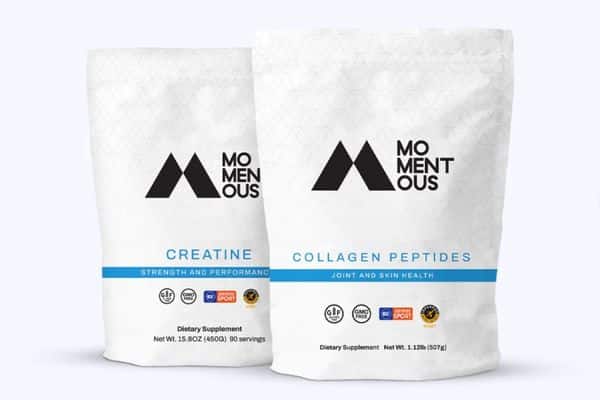
Hydration and Cognitive Function
Of course the need to hydrate for peak physical performance is well known. But what most people do not realize is that proper hydration affects not only our physical capacity but also our mental capacity.
Why would being underhydrated (hypohydration to dehydration) affect our cognitive function? Dr Huberman feels it is because with the loss of water there is a change in the size of cells in our brain, which is related to the amount of salt in the cells.
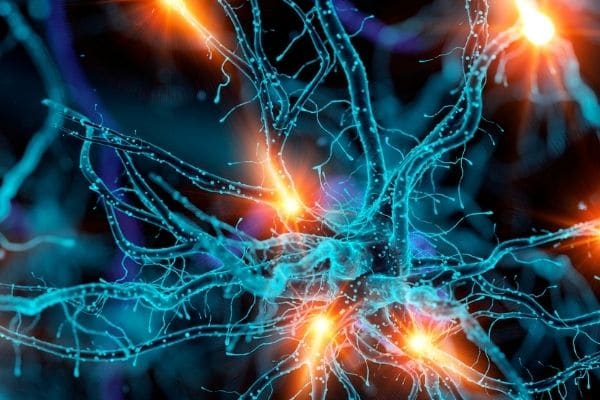
Our brain cells (neurons) communicate by way of electrical signals which requires salts (sodium, potassium, magnesium) in these cells to be at correct concentrations. Reduced hydration in the brain affects these concentrations, making the brain not work optimally.
Along with reduced brain volume, hypohydration might also affect brain function by decreasing cerebral blood flow, or increasing blood–brain barrier permeability.
The Galpin Equation: Hydration Levels
Ok! Hydration is important! Particularly for physical or mental exertions.
What are some guidelines for hydration?
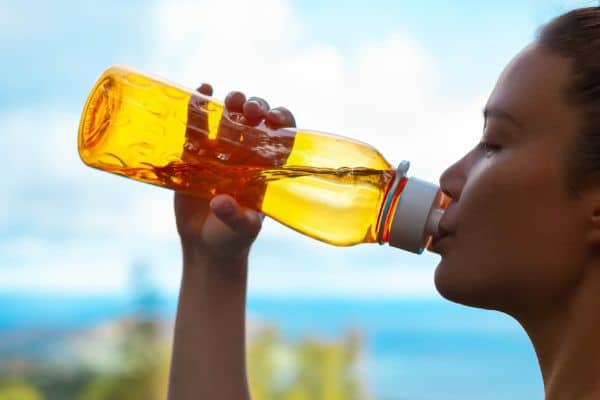
Dr. Galpin says a loose guideline for daily intake of fluid is half your body weight in ounces per day. So if you are 200 pounds, that means 100 ounces of water. (Do not forget that we are talking total hydration, and there is a lot of fluid in a healthy non-processed food baseed diet.)
But with exertion, you will need more hydration, because you are increasing your fluid loss. The idea is to start physical or mental activities hydrated, with electrolytes not just plain water.
He suggests that the amount of fluid you lose with exercise should be replaced with 125 to 150 percent of the weight you lost in fluid (remember not just water, but electrolytes). Of course to do this you need to weigh yourself before a workout and after. Which I guess some people do, but most people do not.
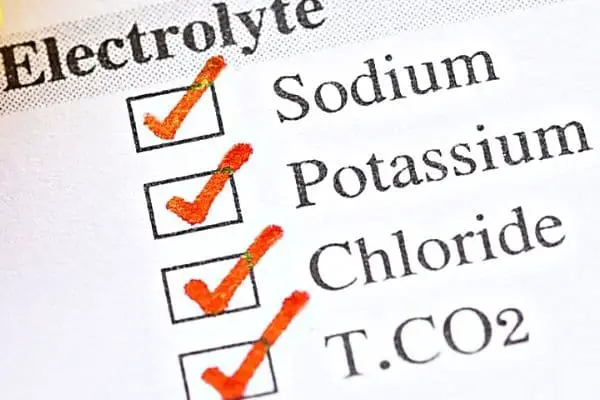
So, Dr. Galpin suggests a general hydration rule of taking 500mg sodium pre- and post-exercise (you could also use for a cognitively demanding event).
He says that if you start your exercise with poor hydration, it’s really difficult (almost impossible) to catch up.
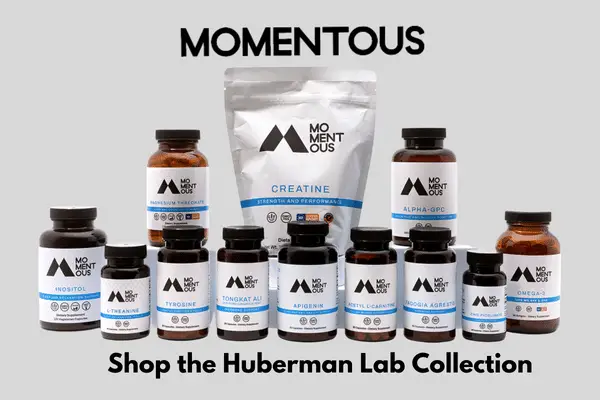
Hydration means Electrolytes!
Why are we talking about sodium and not water? Don’t we hydrate with water? Yes, but….
You need to think of electrolytes when you think of hydration. There is a risk of just hydrating with water, it can cause hyponatremia, a serious condition.
A pivotal study in 2003 clearly described the dangers of over-drinking in marathoners, and recommendations were updated. More research has lead to specific recommendations on not just water intake but also electrolyte intake.

The recommendations are to start with ~300–600 mg/h of sodium (1.7–2.9 g salt) for an episode prolonged exercise and to adjust intake accordingly.
Adjust Hydration Based on Fluid and Salt Loss
Are you a high salt sweater? Some people sweat out more than others.
There are ways to test this but an easy test is whether you get white bands on a hat or headband when you are sweating. White lines indicate that you sweated out salt. If this happens to you, you may want to increase your intake of sodium.

An easy way to meet the recommendations are to use sports drinks or hydration powders.
Here is the salt content of a package of LMNT, a hydration powder. 1000mg of sodium, 200mg of potassium and 60 mg of magnesium. I find this flavor is particularly delicious, by the way.
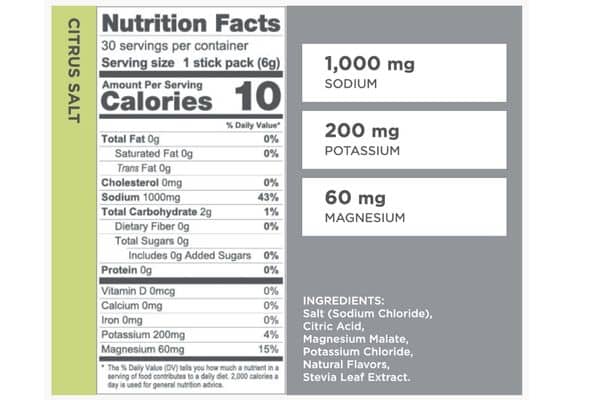
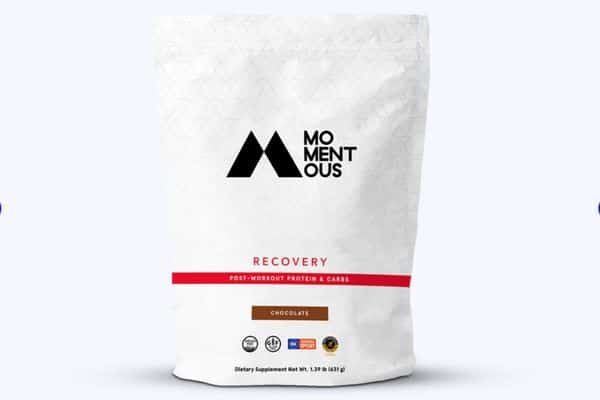
The Galpin Equation Calculator
During the demanding event you can use the Galpin Equation to stay hydrated.
And here it is:
The Galpin Equation: Every 15 minutes consume (in ounces) your body weight (in pounds) / 30 to stay hydrated during a demanding activity.
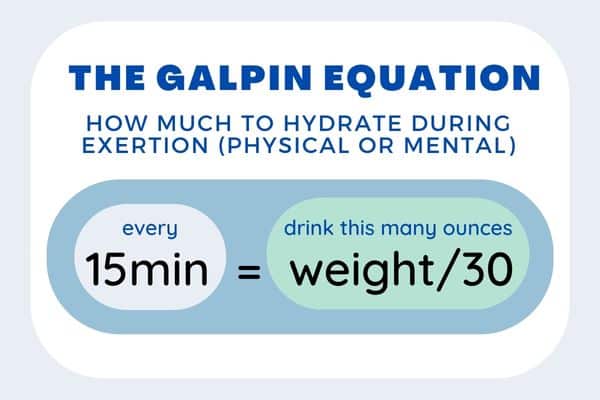
Galpin Equation Amounts Based on Weight
So how much is right for you?
Here is a chart of the Galpin equations amounts depending on your weight.
| Weight in lbs | oz of Electrolytes every 15 Min | ml of Electrolytes every 15 Min |
|---|---|---|
| 100 | 3 | 90 |
| 125 | 4.2 | 125 |
| 150 | 5 | 150 |
| 175 | 5.8 | 172 |
| 200 | 6.7 | 198 |
| 225 | 7.5 | 222 |
| 250 | 8.3 | 245 |
| 275 | 9.2 | 272 |
| 300 | 10 | 295 |
| 325 | 10.8 | 320 |
A neat thing – if you use milliliters instead of ounces – it is almost the same number as your weight in pounds! Pretty easy to remember!
When to Apply The Galpin Equation
Dr Huberman suggests you apply the Galpin Equation for any demanding activity, either physical or mental.
What is a cognitively demanding activity? Zoom meetings, in person meetings, lecturing, studying, researching, etc.

Remember: you do not have to drink the amounts exactly every 15 minutes!
And, it may actually be challenging to consume the volumes if your body weight is high. You should consider the equation as an amount to aim for, and really the most important thing is to be hydrated before the activity and to try to stay hydrated.
Electrolyte Hydration Options
You can certainly mix some regular salt into your water, and I often do just that.
However this just increases your sodium, not potassium or magnesium, which are also important. If you are really exerting yourself a lot, and especially if you are a high sweater, you probably want to replace with a balanced electrolyte mix of sodium, potassium and magnesium.
One option is an electrolyte powder like LMNT, with their easy portable packets you will know exactly what you are getting.
Here is the nutrition breakdown of LMNT’s delicious citrus salt.
If you like to do it yourself, you can also make your own hydration powder with the same ratios as these commercial powders. This is the amount you need for one glass:
- 1/2 teaspoon of salt (1000 mg of sodium)
- 500 mg potassium citrate powder (200 mg potassium)
- ¼ teaspoon of magnesium malate powder (60 mg magnesium)
Dr Huberman and Dr. Galpin have both partnered with Momentous to provide best-in-class human performance supplements that meet their high quality standards.
For extra hydration: Momentous Fuel has key electrolytes and easy-to-digest carbohydrates for sustained energy.
For 15% off your order at Momentous use VASTMIND discount code

References
- The Huberman Lab podcast: Dr. Andy Galpin: How to Build Strength, Muscle Size & Endurance
- Fluid replacement during marathon running
- Nutrition and Supplement Update for the Endurance Athlete: Review and Recommendations
- Fluid Balance in Team Sport Athletes and the Effect of Hypohydration on Cognitive, Technical, and Physical Performance